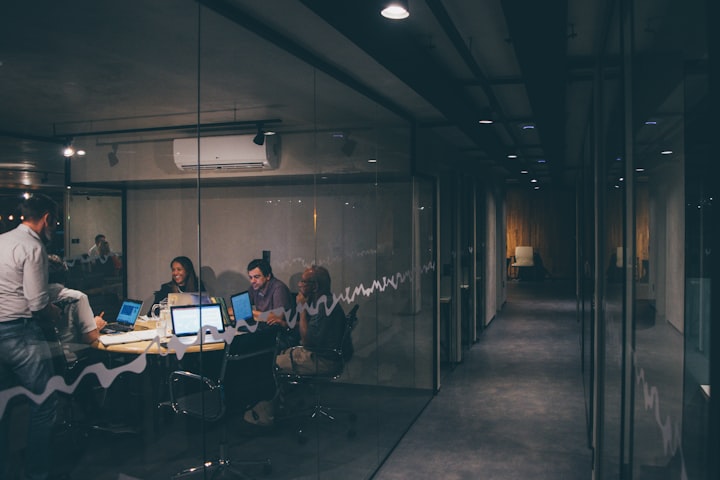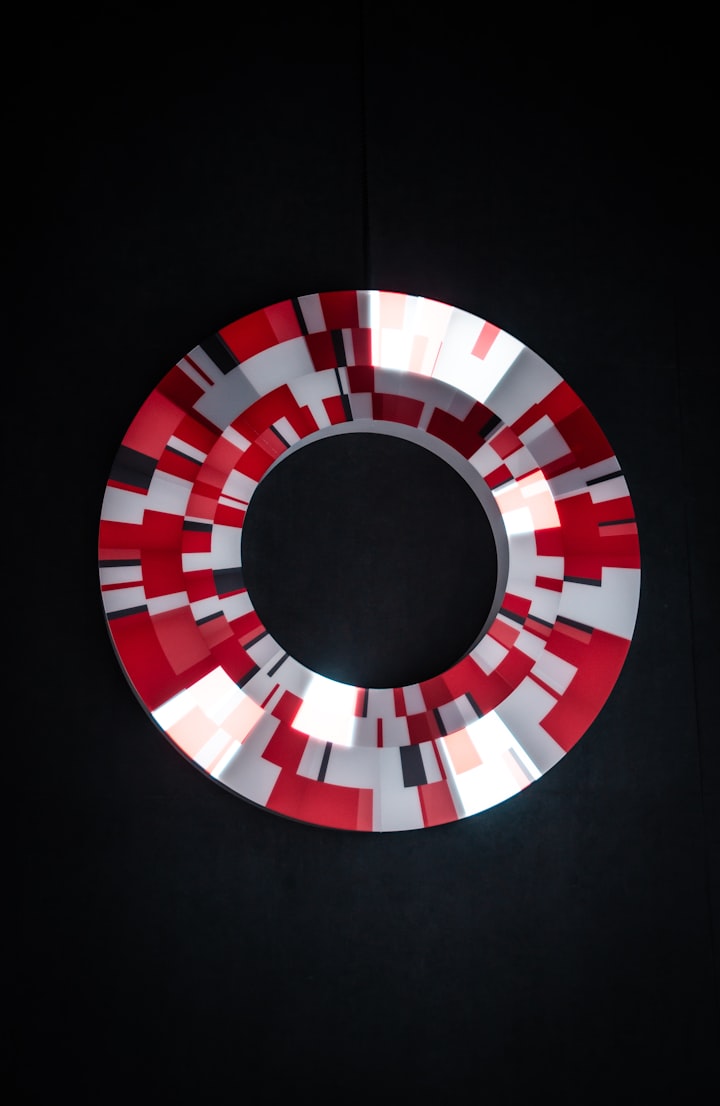Fixed assets or startup costs, which are they and why
Fixed assets and startup costs are both expenditures; the important thing to keep in mind is that a fixed asset should be one that cannot easily be replaced or disposed of.

If you're a business owner or someone that has an understanding of how to file a startup business, you will be confused at this question. Startup costs are generally regarded as intangible assets that are part of your business plan. The IRS, however disagrees and views them as fixed assets.
What is a business startup?
A business startup is the first phase of a new business, from its incorporation to the point at which it begins earning revenue. A startup has a number of costs and expenditures that must be accounted for. These include: Startup costs: This is the amount spent on setting up your new business.
Startup costs can include things like legal fees, accounting fees and the cost of renting office space. Fixed assets: Fixed assets are items that will last more than one year and add value to your business. Examples include computers, office equipment and vehicles.
The case for deducting business startup costs
Startup costs are not a fixed asset. Startup costs are the expenses incurred in starting a business and include such things as legal fees, accounting fees and other costs associated with getting your business up and running. Startup costs are not capitalized and are instead expensed when they are incurred.
Fixed assets are things owned by your company that have a useful life of more than one year. Examples of fixed assets include land, buildings, machinery, furniture and fixtures. Fixed assets must be purchased for use in your business, so they can't be used for any other purpose once purchased.
They must also be classified as tangible assets or intangible assets depending on whether they can be physically touched or not. The cost of fixed assets is capitalized on the balance sheet at their original cost (including any additional expenses necessary to put them into service) less any accumulated depreciation (which is an expense that reduces earnings).
For example, if you buy a piece of equipment for $10,000 but it takes you six months to get it working properly, then only $4,000 would be depreciated each year until it was fully depreciated (or $200 per month).
Fixed assets
Most business owners can’t afford to pay for everything they need when they start out. Instead, they have to borrow money and buy items on credit. When you borrow money, you are taking on debt. When you take on debt, it becomes part of your company’s balance sheet, which is the list of assets and liabilities that make up your business’s financial condition.
The assets listed on your balance sheet include cash in the bank, accounts receivable (money owed to the company), inventory (goods or products that are ready to sell), real estate holdings, machinery and equipment (machines used in production), and intangible assets such as patents or trademarks. Fixed assets are items like buildings, land or equipment that aren’t expected to be sold within one year after purchase.
Fixed assets may be purchased by a company with its own capital or with funds borrowed from a lender such as a bank or an investor. If a company purchases fixed assets using borrowed funds, the lender will want security for those loans in case the borrower fails to repay them according to schedule or at all.
Is it a fixed asset or not
If you are setting up your business, you might want to know the difference between startup costs and fixed assets. The answer depends on what you plan to do with them. Startup Costs A startup cost is any expense that is incurred during the first year of operation. For example, if you start a business and spend $100,000 on equipment and other items, those expenses would be considered startup costs.
Startup costs include: The cost of starting up a business. This could include items such as legal fees and registration fees The cost of purchasing equipment needed for the business (e.g., computers or machinery). These items should last for several years Fixed Assets Fixed assets are assets that have an expected useful life of more than one year and are used in operations of a company.
Fixed assets include things like land or buildings that are owned by the company or things like machinery or equipment that is leased from another company or person. Fixed assets can be depreciated over time, which means that their value decreases each year until they are no longer usable by the company (or at least no longer able to be used efficiently).
In conclusion
In summary, fixed costs cannot be recovered through sales of the goods or services. Startup costs are not fixed assets, if the goods or services are expected to generate enough sales so that the startup costs could be recovered. A truck that can hold 500 boxes of product is a fixed asset.
It does not matter how much product is loaded into the truck, it is still a fixed asset since it will last more than a year and its selling price upon disposal will be greater than its carrying cost. Special permits required to sell a product are an example of start up costs.
The permits will be incurred each time products are sold and should not be considered fixed assets.
About the Creator
Abraham Verninac
🤓 I am an entrepreneur who builds brands/influencer. And I want to chat with anyone that is interested in starting their own business/brand or who wants to take it to the next level! You can message me anytime!






Comments
There are no comments for this story
Be the first to respond and start the conversation.